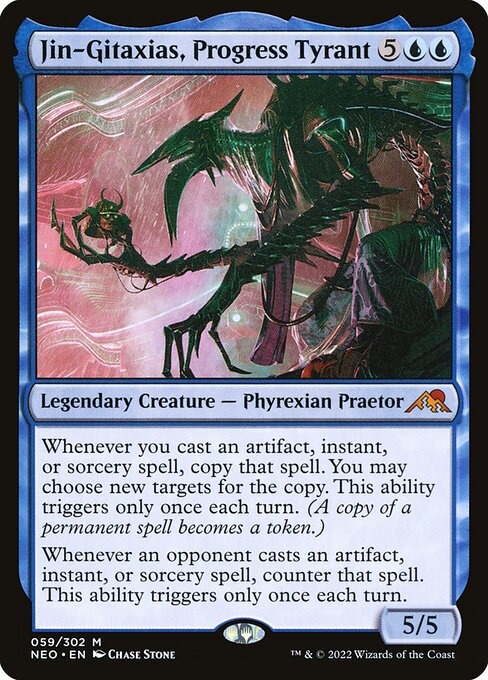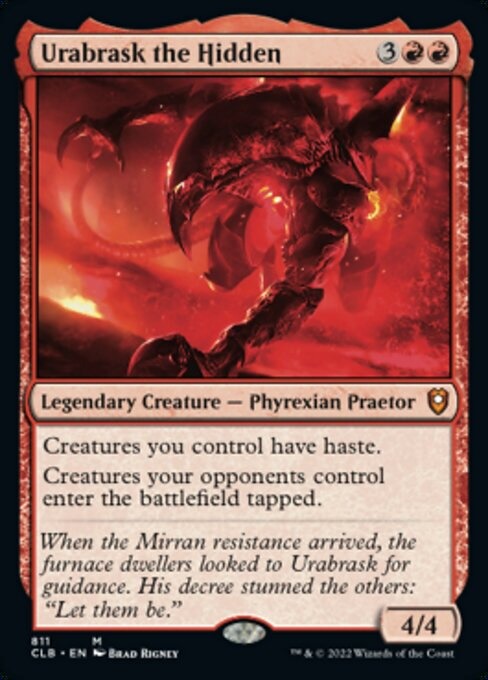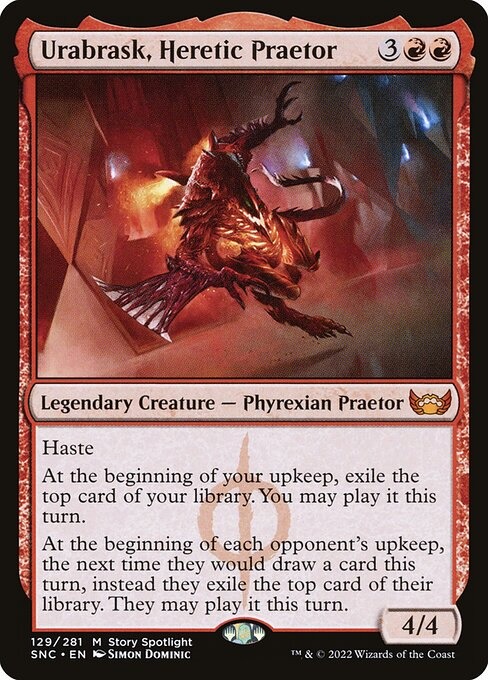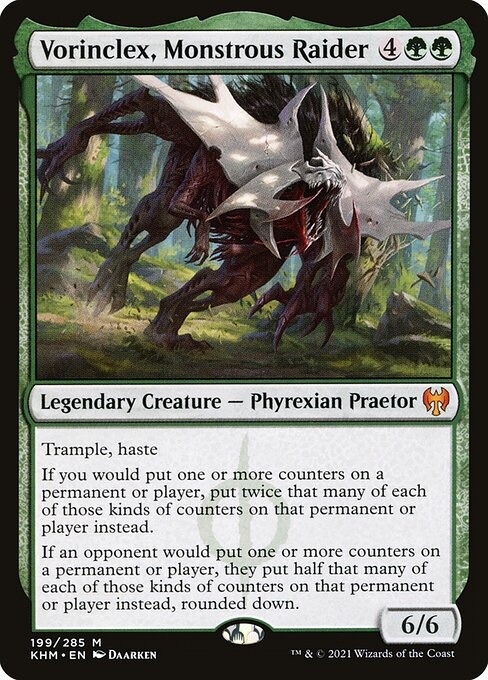By Damir Šnajder




by Damir Šnajder
More Posts from Post-maester and Others
Space Marines are not your friend
… and the Imperium of Man are not the good guys.

These guys, with the iron crosses and the scary face-masks, surprisingly not very nice.
Keep reading
I bought a pretty circlet today. My husband says it makes me look like an elf :)) I love it!
I also bought a Jester's cap. It is Black&White and has annoying bells and I will be wearing it to Dungeons & Dragons sessions!
Been reading a book over the last few days called 'How To Think Like A Woman' by Regan Penaluna. I've never been so inspired and also angered by someone else's writing before. I feel so inspired by Penaluna's writing and memoir, as well as the stories of the women she's recounted so far as I've read. What upsets me is how blind I've been to 2000+ years of nearly every major philosopher you've ever heard of being a massively misogynistic prick, and how that's affected civilization as a whole. No matter how much good they may have done for philosophy, politics, etc, what's been hidden from history classes are their vitriol-saturated opinions of women. Despite being hidden from modern eyes in order to keep the good moral image of these philosophers in proper condition, they still had massive impacts on the culture of their day and decades or centuries into their future. For my whole life I had this kind of blasé attitude to Philosphy like it was just a bunch of dudes theorizing about the nature of life, and while it is that (simplified), it is also very dangerous because these philosophers (VERY OFTEN MALE) would hold wide influence over many and their ideas became the basis for communities and civilization moving forward. Their grand plans for humanity and their ideals that humanity should strive for were really only meant to prop up the egos of men, and to keep women subservient.
One of the things that stuck with me and bothered me most was this notion that seemed to be a commonality between many of these "great thinkers", which was - "It is virtuous for a woman to be silent, but not for a man, a man should always speak his mind."
That one kinda killed me a bit. To shared that near carbon-copied sentiment over the course of centuries, misogynist philosopher begeting misogynist philosopher for 2 millenia and some change. It kills me a bit inside. It makes me angry.
What does it mean to become radicalized?










Elesh Norn, Mother of Machines finishes out our group of praetors! Definitely a powerhouse, I’m looking forward to playing her.
My Custodians are coming for you.

Dennis is back, and he has a secret technique for when a greater threat arises
How to Write on Final Draft (without it feeling so daunting)
It's incredibly difficult to open up a Final Draft document without feeling like you're literally writing your final draft, so here's a few features you can use your advantage!
1. Turn on dark mode
Dark mode makes it look like less of a script and more of an outline. Edit and rewrite in light mode, you will feel the difference.
2. Use speed view
Speed view gets rid of pages and page numbers and therefore you are only looking at the words you type.
3. Use focus mode
Focus mode removes the scenes, page numbers, and outlines you have at the top on the program while writing. Another way to forget about focusing on progress.
4. Make a messy beat board
Throw all your ideas onto the beat board, it should help make the document feel a bit more lived-in and less pristine.
Bonus:
5. Set a template with your formatting and use that to start every script you write
While a script format is very ridged, there are things you can do to personalize it. When you find those things, make them in a Final Draft doc (without actual writing) and save as your own template so you don't have to change all the elements every time.


Happy pride month maybe I’ll start watching Doctor Who again

Dare: The Silent King’s Vigil
Setup: many in the castle will attest to the existence of a ghost in the catacombs beneath the foundations, if not from their own experience, but from generations of tales going back to the days of the petty, tribal kings, when the realm was divided up into a patchwork of little territories ruled over by whatever warlord could martial enough blades to hold them.
While most stories tell of the ghost stalking out of its crypt to drag the living down to the shadows with it, or attempted exorcisms of blade and blessed book, a few hold the whisper of truth: those that venture down to the catacombs when the moon is right and sit in silent meditation with the peaceful phantom can gain great insights into themselves, or secret truths known only to the dead.
Adventure Hooks:
While staying in the castle of their patron, the party hears the rumor of the ghost and its vigil, particularly from a harrowed young page who was thrown into the catacombs by his youthful tormentors and developed several nervous quirks from the experience. They tell the party that it wasn’t the ghost itself that traumatized them so, but the fact that they were trapped in the catacombs so long with noone but the dead for company. Chief among the page’s new eccentricities is a fascination with the macabre, and they gently try to coax the party down into the catacombs so they can share in the page’s experience.
By Feudal grant, a newly risen knight has taken up residence in the castle, and is more than a little put out by the fact that her new home has such an infamous reputation among the surrounding populace. Seeking to show her new prestige and authority, she puts out a call for brave warriors willing and capable of removing this unwelcome spirit from her domicile.
A member of the clergy has gone missing while attempting the Silent King’s vigil, locking themselves inside the tombs for several days while attempting to communicate with and permanently put the spirit to rest. A mentor to the party’s cleric, or important for one of thier ongoing adventures, the party must search the catacombs for the missing vicar, or attempt his abandoned ritual and ask the ghost where the holyman might have wandered off to.
Keep reading

The release of Werewolf: the Apocalypse 5th Edition has evoked a sense of urgent inspiration in me. I found the news inspiring because it marks the launch of a new product that rings so close to the original game in which its new premises instantly evoke a lost-world setting perfect for new players to uncover through revelation. And with it, a sense of urgency that a large chunk of the game’s horror pathos and cultural representation will be lost in lieu of chronicles centered around direct action, high entertainment, and transactional resolution.
First and foremost, I applaud the efforts of anyone wanting to excise Werewolf: the Apocalypse, and it’s fandom, of it’s toxic player base that has festered far too long. Anyone taking that on isn’t blind to something that is both wonderful and incredibly problematic, and it requires a collaborative effort to address meaningfully. It means being willing to internalize hard and profoundly uncomfortable truths.
When I look at the prior editions, I consider its inherent value and feel that the things that made the original editions of Werewolf so special to me don’t entirely align with a large portion of it’s old player base. This is not for those players. In some ways my aim with this is small, with the understanding my target audience is also small, and this space exists for them.
Werewolf: the Essentials is a project culminating my 25 years of entertaining and horrifying players. This is a carefully curated gaming experience tailored to Queer tabletop audiences primarily, although I am confident it will resonate with many others as well. This started as something I was working on alone but quickly has grown to include a pack of other avid Players and Storytellers who have felt left behind by the current direction of the gameline. I am laying out every little trick, twist, and ounce of Storytelling experience I have acquired over the years. In many ways, this is the quintessence of my inclusive World of Darkness, and a passion project that I hope those who read this may too come to appreciate.
In the first and second editions of the various splats published across the World of Darkness, the Storytellers Handbook gave Storytellers the raw narrative tools to convey the world to their troupe of players. As time has progressed, the sourcebooks to follow have greatly expanded to include Garou society, their relationship to Gaia, and to each other. As the editions expanded what they made available to Storytellers and Players, some of the original content of earlier editions was left out. By the time the 20th Anniversary Edition was being written, many of the edits were made to cut back a bit on the roughage and “get to the meat and potatoes” of mechanics crunch. In that way, the edits were a complete success, but something important was lost.
The earlier ST guides laid out explicitly that the World of Darkness is first and foremost a horror game. Essays within their pages provide advice on using textural descriptions and different modes of storytelling to lure in players and make the hairs on the backs of their necks stand on end. These remarkable essays are now lost to those who don’t possess the older editions. They serve as a toolset that could be applied across any RPG, and not just Werewolf alone.
W20 fell short of delivering a fully serviceable RPG to it’s Storytellers, however well-intentioned. It had all of the main bones of the setting and stats but no guidance on how to turn it into a game for one’s players. Taking it a step further, some of the writing in this new edition only managed to alienate modern audiences.
The use of in-character narration to express setting information in prior editions seems an attempt to convey the horror and pathos of the world that would be difficult to get across in stats alone. The information contained in that first-person text is among the most important parts of the setting, but it often fails to convey the true horror of the world of Garou. In many ways the World of Darkness was intended by those who created it to be a place of genuine terror and horror, and not merely “savagery” for its own sake. Horror is a very complex basal guttural emotion that sits in the ganglia, ready to tug the emergency brakes on your body in the presence of what it believes to be a tangible threat. There are many complex higher emotions, but when it comes to the lizard brain, it takes considerable effort to trick it into getting spooked. Invoking a sense of horror in a horror chronicle is a complex enough endeavor that, by and large, these efforts fell short of delivering that experience.
Werewolf: the Essentials is to serve as a masterclass in using those old tools to introduce new players not just to Werewolf and the World of Darkness on the whole. It gives these important storytelling tools to new and future storytellers in any game, that they might continue genuinely terrifying their players for many more years to come. The passages found in this series can add narrative value to not just Werewolf, or even Vampire and other World of Darkness tables, but also horror writing on the whole. Furthermore, this project aims to streamline the availability of that information and provide guidelines for Storytellers wishing to conduct research using the labyrinthian older editions.
Every sourcebook in this series will grow with your tables, providing increasingly more powerful stats, guidelines for making more powerful NPCs and PCs, and serve as a continuation of the legacy games’ metaplot. Some elements you’ll be reading will, for older players, be surprising at times. Some historical events are shifted further in the past, and others eliminated entirely. This project aims to make the presentation of the game a little more timeless, so it’ll hold relevance to tables now, as much as it will 20 or 40 years from now. The World of Darkness is now something far too large for any one person to fully comprehend while providing enough tools for one to explore deep lore that holds the most relevance to their tables.
Werewolf: the Apocalypse has a long history of problematic and exclusionary elements, both in it’s fandom and, sadly, often in it’s published work. Despite this, I see more value in this game than the literature would have you believe at face value. This project is an attempt to increase the inclusivity in this game I love while also helping introduce new players and Storytellers to this world. This is a glimpse of something absolutely beautiful, horrifying, and unique, contributed to by a group of equally passionate artists and writers. Even if the best time to plant a tree was ten years ago, the next best time is today. If you can listen critically, and take the lessons between these pages, then maybe you too can come to find the Glory, Honor, and Wisdom within the depths of our darkest fears.
Book 1: Cliath launches October 31st, 2024 on Storyteller's Vault






leave your laundry on the floor for them
-
 leclassic099 liked this · 1 month ago
leclassic099 liked this · 1 month ago -
 parcifal02 liked this · 1 month ago
parcifal02 liked this · 1 month ago -
 space-rodeo liked this · 5 months ago
space-rodeo liked this · 5 months ago -
 searslosts liked this · 6 months ago
searslosts liked this · 6 months ago -
 escapist-paradiseseeker liked this · 7 months ago
escapist-paradiseseeker liked this · 7 months ago -
 o3planet liked this · 8 months ago
o3planet liked this · 8 months ago -
 jaeger110 liked this · 9 months ago
jaeger110 liked this · 9 months ago -
 vasacryptec liked this · 1 year ago
vasacryptec liked this · 1 year ago -
 eraserwhotrashlord liked this · 1 year ago
eraserwhotrashlord liked this · 1 year ago -
 jason-drawn liked this · 1 year ago
jason-drawn liked this · 1 year ago -
 durashka24 liked this · 1 year ago
durashka24 liked this · 1 year ago -
 theprimomafioso liked this · 1 year ago
theprimomafioso liked this · 1 year ago -
 idonotknowhowtochoosenames liked this · 1 year ago
idonotknowhowtochoosenames liked this · 1 year ago -
 eclipse-strider reblogged this · 1 year ago
eclipse-strider reblogged this · 1 year ago -
 eclipse-strider liked this · 1 year ago
eclipse-strider liked this · 1 year ago -
 alexxx0904 liked this · 1 year ago
alexxx0904 liked this · 1 year ago -
 xx-invalid-user-xx-blog liked this · 1 year ago
xx-invalid-user-xx-blog liked this · 1 year ago -
 znarry2442 liked this · 1 year ago
znarry2442 liked this · 1 year ago -
 aidoddark liked this · 1 year ago
aidoddark liked this · 1 year ago -
 doomfox reblogged this · 1 year ago
doomfox reblogged this · 1 year ago -
 doomfox liked this · 1 year ago
doomfox liked this · 1 year ago -
 alternativeminiatures reblogged this · 1 year ago
alternativeminiatures reblogged this · 1 year ago -
 voidwingz liked this · 1 year ago
voidwingz liked this · 1 year ago -
 1silentsiren1 liked this · 1 year ago
1silentsiren1 liked this · 1 year ago -
 hallaherder reblogged this · 1 year ago
hallaherder reblogged this · 1 year ago -
 hallaherder liked this · 1 year ago
hallaherder liked this · 1 year ago -
 butterfly-keeper liked this · 1 year ago
butterfly-keeper liked this · 1 year ago -
 pleasantlytinytrash liked this · 1 year ago
pleasantlytinytrash liked this · 1 year ago -
 juangonzalez123-blog1 liked this · 1 year ago
juangonzalez123-blog1 liked this · 1 year ago -
 kilroyleroy liked this · 1 year ago
kilroyleroy liked this · 1 year ago -
 transgenderwarcrimnal liked this · 1 year ago
transgenderwarcrimnal liked this · 1 year ago -
 takab liked this · 1 year ago
takab liked this · 1 year ago -
 mechanicalreaper88 liked this · 1 year ago
mechanicalreaper88 liked this · 1 year ago -
 wormmuffin liked this · 1 year ago
wormmuffin liked this · 1 year ago -
 volos9 liked this · 1 year ago
volos9 liked this · 1 year ago -
 theelfauthor liked this · 1 year ago
theelfauthor liked this · 1 year ago -
 cap-charlene-weaver liked this · 1 year ago
cap-charlene-weaver liked this · 1 year ago -
 plasmometer liked this · 1 year ago
plasmometer liked this · 1 year ago -
 necron-slvt reblogged this · 1 year ago
necron-slvt reblogged this · 1 year ago -
 necron-slvt liked this · 1 year ago
necron-slvt liked this · 1 year ago -
 kerensky576 liked this · 1 year ago
kerensky576 liked this · 1 year ago -
 a-milestone reblogged this · 1 year ago
a-milestone reblogged this · 1 year ago -
 blackhelmetnova liked this · 1 year ago
blackhelmetnova liked this · 1 year ago -
 krynnmeridia reblogged this · 1 year ago
krynnmeridia reblogged this · 1 year ago -
 krynnmeridia liked this · 1 year ago
krynnmeridia liked this · 1 year ago -
 mercutiankraezelium liked this · 1 year ago
mercutiankraezelium liked this · 1 year ago
